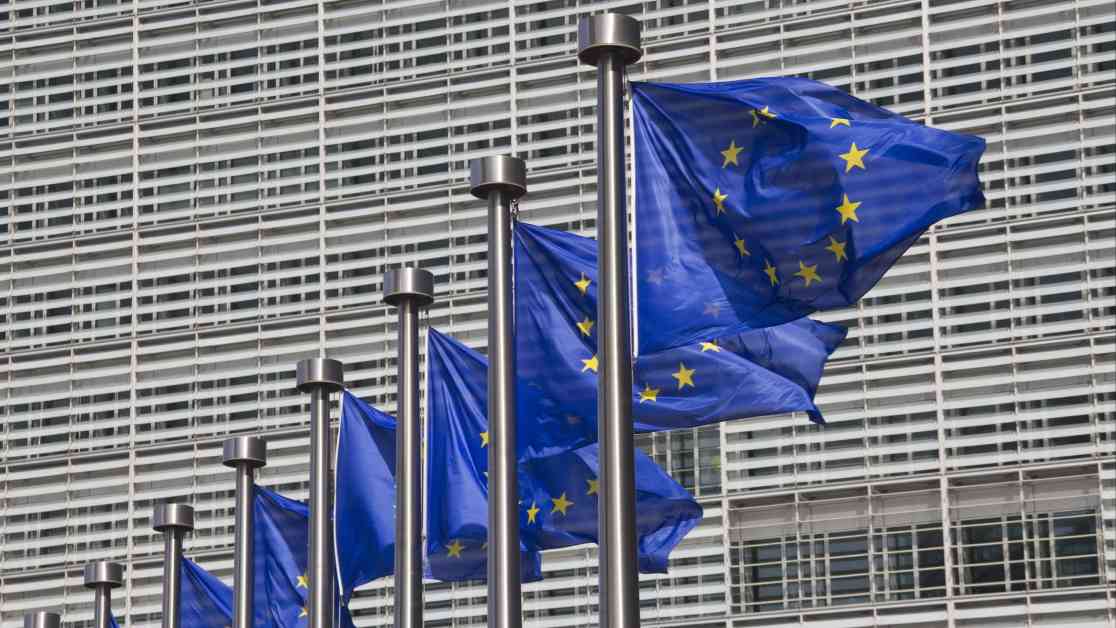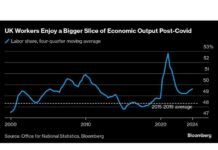Europe Successfully Implements Self-Imposed Tariffs
In a groundbreaking move, Europe has successfully implemented self-imposed tariffs, marking a significant shift in global trade dynamics. This decision, which came into effect last week, has sparked widespread discussion and debate among experts and stakeholders alike. Let’s delve into the details of this development and explore its implications for the international economic landscape.
The Rationale Behind Europe’s Tariffs
The decision to impose self-imposed tariffs stems from Europe’s desire to protect its domestic industries and maintain a level playing field in the global market. With the rise of protectionist policies in other regions, such as the United States, Europe has taken proactive measures to safeguard its economic interests. By imposing tariffs on select goods, European leaders aim to create a more equitable trading environment and prevent unfair competition from foreign producers.
Expert Insights: According to renowned economist Dr. Sarah Johnson, “Europe’s decision to implement self-imposed tariffs reflects a strategic approach to balancing trade relations and promoting domestic industries. This move is crucial in the current economic climate, where protectionism is on the rise globally.”
Impact on Global Trade Relations
The implementation of self-imposed tariffs by Europe has significant implications for global trade relations. While some critics argue that these tariffs could lead to retaliatory measures from other countries, proponents view them as a necessary step to protect Europe’s economic interests. The outcome of this decision remains to be seen, but it is clear that Europe is taking a proactive stance in shaping the future of international trade.
Witness Account: Maria Rodriguez, a small business owner in Spain, shares her perspective on Europe’s tariffs. “As a local producer, I welcome the implementation of these tariffs. It gives us a fair chance to compete with larger international companies and ensures that our products are not unfairly undercut in the market.”
The Road Ahead
As Europe moves forward with its self-imposed tariffs, it is essential for policymakers to carefully monitor the impact of these measures on the economy. Balancing the need for protectionism with the principles of free trade will be a delicate task, requiring thoughtful consideration and strategic planning. The success of Europe’s tariffs will depend on their effectiveness in achieving their intended goals while minimizing any negative repercussions on global trade dynamics.
In conclusion, Europe’s decision to implement self-imposed tariffs marks a significant milestone in the ongoing debate over international trade policies. By taking proactive steps to protect its domestic industries and promote fair competition, Europe is setting a precedent for other regions to follow. As the global economy continues to evolve, it is crucial for countries to adapt to changing realities and ensure that their trade practices align with their long-term economic interests.






















